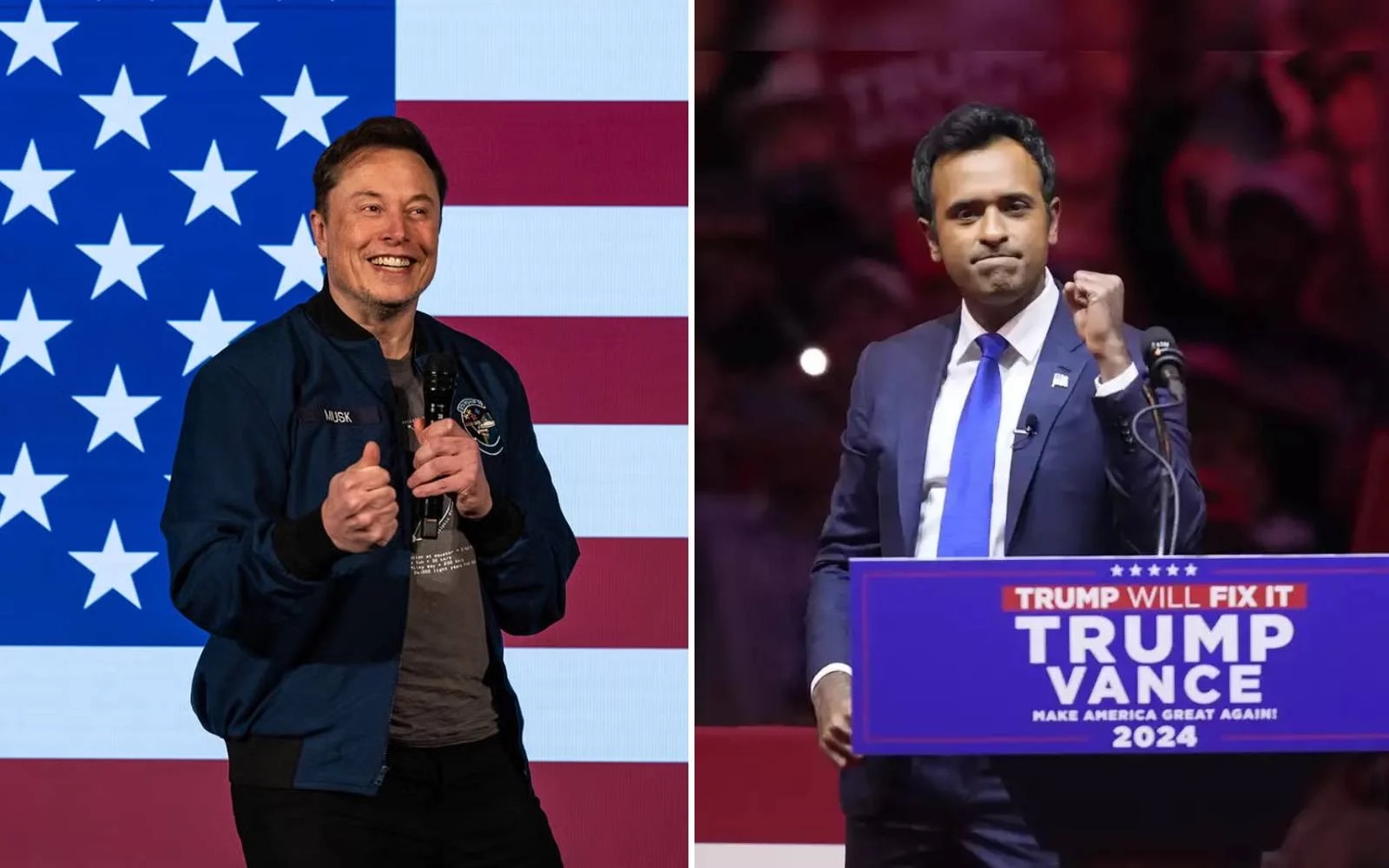
The federal workforce is taking preemptive measures to safeguard jobs as the Department of Government Efficiency (DOGE), an external initiative led by Elon Musk and Vivek Ramaswamy, intensifies its efforts to recommend significant cuts to the federal workforce and budget. DOGE aims to slash the government’s annual budget by at least $1 trillion and reduce regulations, though it lacks the direct authority to implement such changes. Instead, it relies on its influence with Congress, where Musk’s comments often carry considerable weight.
DOGE is expected to provide recommendations to the government, with Musk reportedly slated to have an office inside the White House. In response to this looming scrutiny, some federal employees have begun discreetly altering job descriptions and performance reviews. They are removing references to “policy” decision-making and terms associated with diversity programs to protect roles crucial to government functions. These modifications are not part of a larger, coordinated effort across agencies but rather individual attempts by employees to preserve jobs vital to an agency’s mission.
Concerns Over AI and Job Descriptions
Federal employees are particularly concerned about DOGE’s use of artificial intelligence to identify buzzwords in job descriptions, which critics argue is a “hatchet not a scalpel” approach. This strategy raises fears that roles unrelated to Diversity, Equity, and Inclusion (DEI) policies might also be targeted. The elimination of DEI-related language reflects a broader trend influenced by political pressures, as DEI programs have become contentious topics in some circles.
Jason Briefel, head of policy and legislative affairs at the Senior Executive Association, noted the widespread practice of changing language in job descriptions:
“It’s in line with what lots of organizations and the private sector are doing, changing the words they use.” – Jason Briefel
A senior staffer shed light on how some managers are subtly modifying job descriptions:
“Managers could elect to just quietly tweak a career officials’ job description so that the functionality of the job stayed the same but would say ‘provide guidance’ instead of ‘provide policy guidance’.” – A senior staffer
The move to alter job descriptions is primarily a defensive action aimed at safeguarding careers amidst uncertainty. A federal employee shared how individuals are adapting their communication strategies:
“People are definitely reimagining how to communicate what they’ve done and do to try and escape scrutiny.” – A federal employee
The atmosphere of uncertainty is compounded by the political landscape. President-elect Donald Trump had vowed to reinstate a 2020 executive order known as Schedule F, which created a new job category for federal employees in policy-related positions. However, President Joe Biden rescinded this order shortly after taking office.
As DOGE prepares its recommendations, federal employees continue to navigate the shifting landscape. They aim to protect roles that form the backbone of government operations while avoiding unnecessary scrutiny. The ongoing changes reflect a broader trend of adaptation within organizations facing external pressures.
What The Author Thinks
The preemptive changes made by federal employees in anticipation of DOGE’s recommendations highlight a workforce under pressure and a governmental system in flux. This strategic modification of job descriptions illustrates a survival tactic that raises questions about transparency and the future of federal employment under increasingly politicized oversight. As DOGE moves forward, the resilience and adaptability of the federal workforce will be tested, potentially setting precedents for how government employees can or should react to such external pressures.
Featured image credit: FMT
Follow us for more breaking news on DMR
